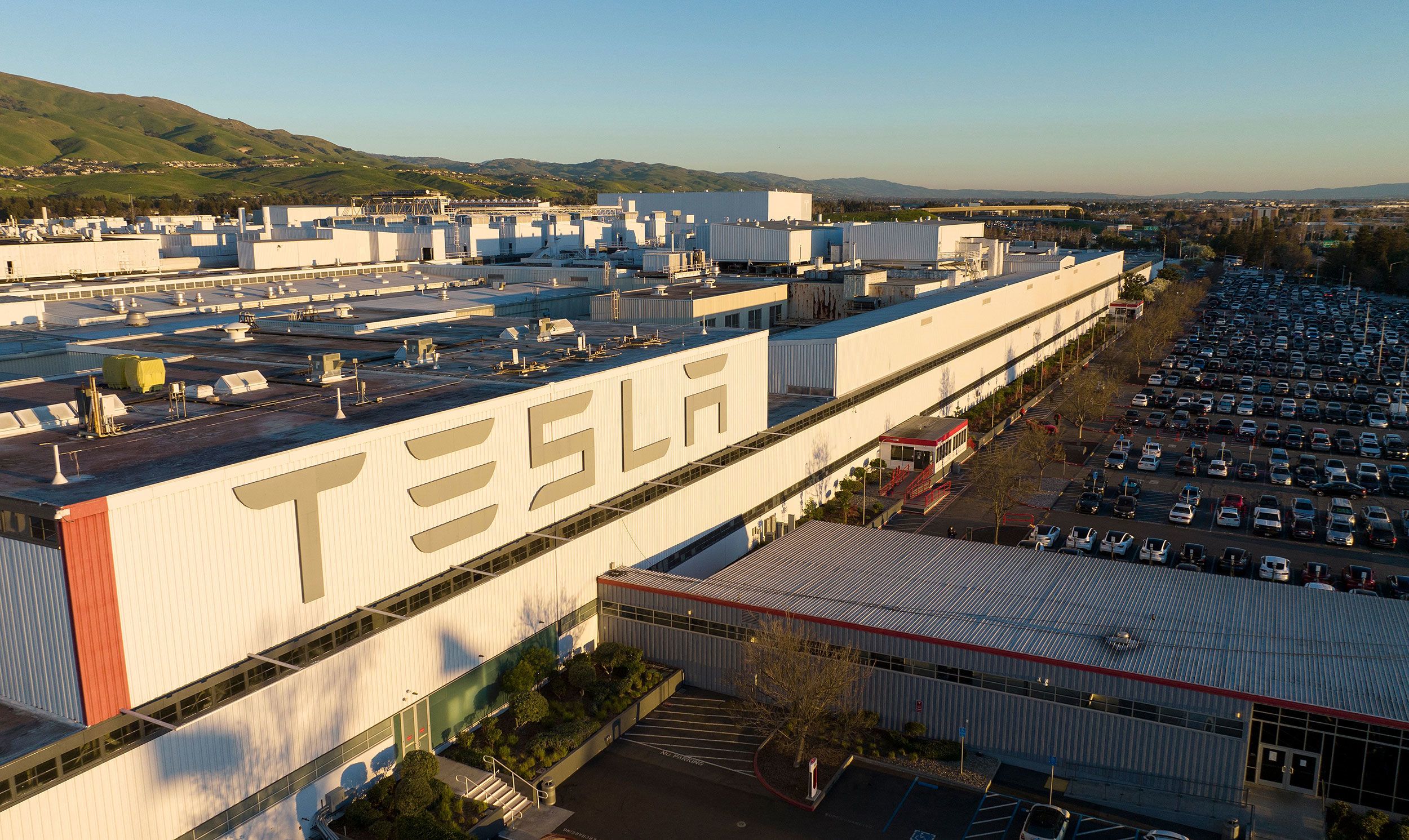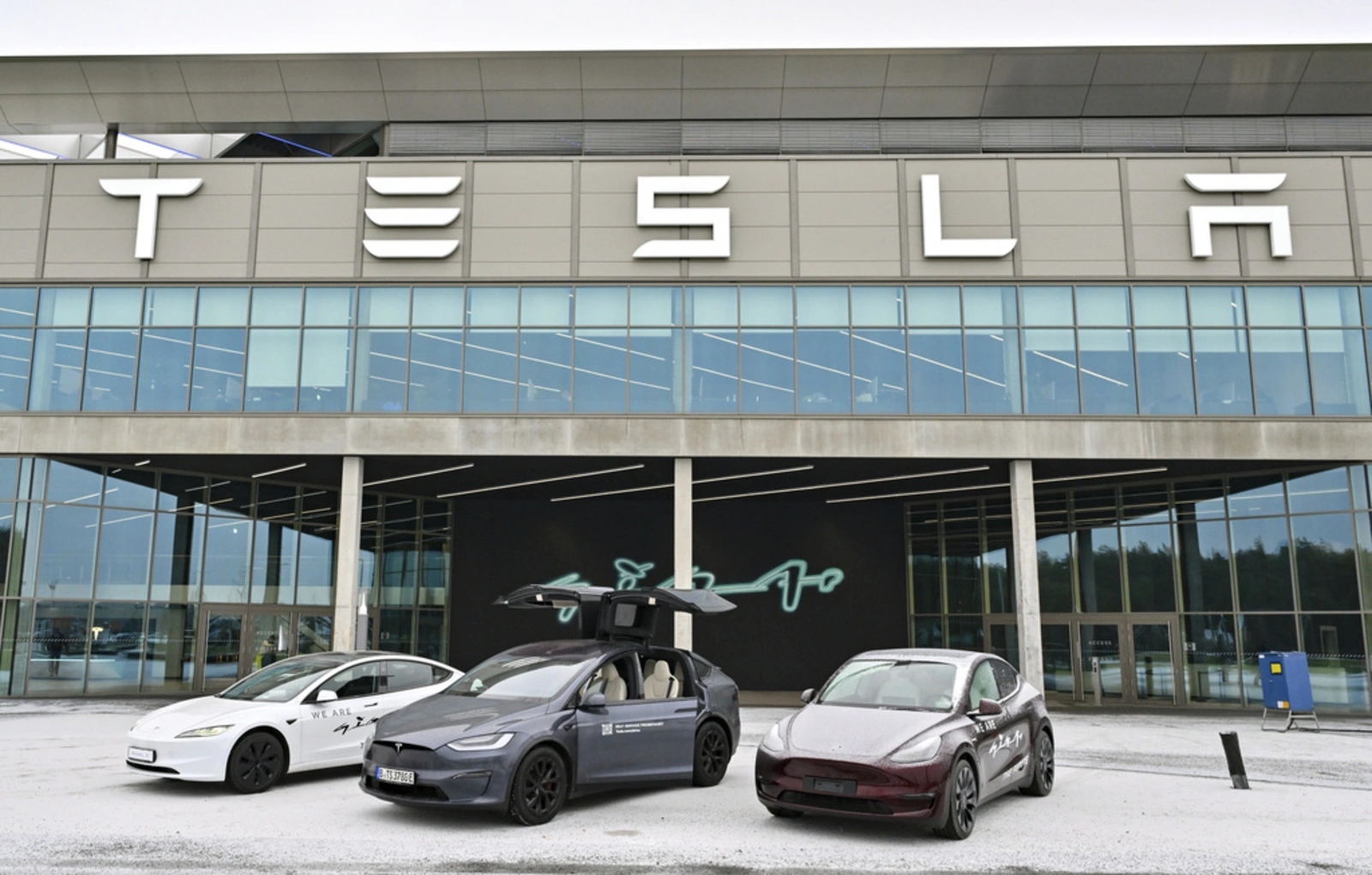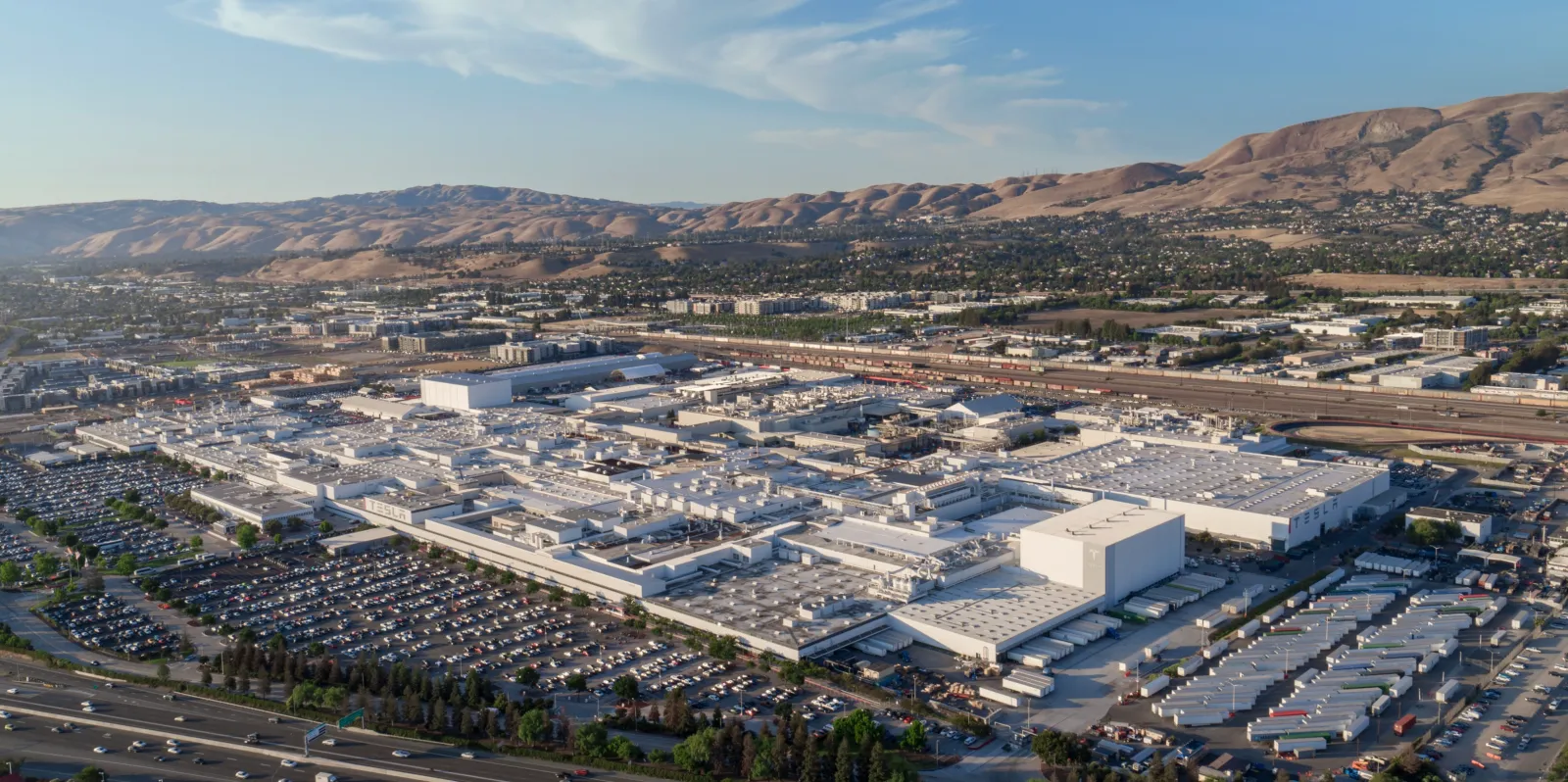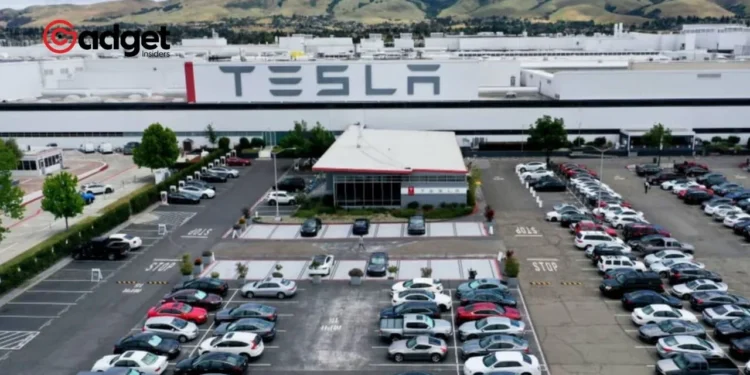In a landmark decision that underscores the growing emphasis on workplace equality and the consequences of corporate negligence towards discrimination, Tesla has recently finalized a settlement with Owen Diaz, a Black former employee, over severe racial harassment claims. This resolution comes on the heels of a tumultuous legal battle, highlighting the electric vehicle giant’s ongoing challenges with discrimination lawsuits and bringing to the forefront the imperative for systemic change within corporate cultures.
The Journey to Justice for Owen Diaz
Owen Diaz’s journey through the legal system began in 2017 when he bravely came forward with allegations of facing daily racial harassment while employed as an elevator operator at Tesla’s Fremont, California, assembly plant.
Diaz’s disturbing experiences ranged from being subjected to racial slurs to encountering scrawled swastikas and other racist symbols—a stark depiction of the hostile work environment he endured.

The legal odyssey saw Diaz initially awarded a staggering $137 million by a jury in 2021, marking one of the largest verdicts in a discrimination case involving a single worker.
However, the battle was far from over. The verdict was later deemed excessive by a judge, leading to a second trial and the eventual reduction of the award to $3.2 million—a decision that both parties appealed.

Tesla’s stance throughout the proceedings was one of denying liability for the discrimination Diaz faced, asserting that the company does not tolerate discrimination and had taken actions against employees accused of racist conduct.
Despite these claims, the settlement reached in San Francisco federal court ends a lengthy appeals process, allowing both Diaz and Tesla to move forward.
A Wider Lens on Tesla’s Workplace Challenges
The settlement with Diaz is not an isolated incident for Tesla. The electric vehicle manufacturer is currently grappling with a class-action lawsuit representing 6,000 workers over similar claims of tolerating racial bias at the Fremont plant.
This is alongside separate cases from California and U.S. anti-bias agencies, as well as multiple lawsuits from individual employees alleging discrimination. Tesla has consistently denied wrongdoing in these cases, emphasizing its policy against discrimination.
Tesla settles race bias claims by Black former worker after $3 million verdict https://t.co/qsDPaufzHB pic.twitter.com/vIHsUidlg3
— Reuters (@Reuters) March 15, 2024
Implications for Corporate America
The resolution of Owen Diaz’s lawsuit against Tesla is a potent reminder of the legal and moral obligations companies have to foster inclusive and respectful work environments. It underscores the significant repercussions businesses can face when they fail to adequately address discrimination and harassment.
For Tesla, a pioneer in the electric vehicle industry, this settlement may catalyze introspective examination and reform of its workplace practices and culture.

Moreover, this case illuminates the broader challenges within corporate America in eradicating workplace discrimination. It serves as a call to action for businesses to go beyond mere policy declarations against discrimination, urging them to implement tangible changes that promote diversity, equity, and inclusion at all levels.
As Tesla and other corporations navigate the complexities of workplace discrimination lawsuits, the message is clear: accountability, transparency, and a genuine commitment to change are non-negotiable. The journey of Owen Diaz, while deeply personal, echoes the collective aspirations for a more equitable and just work environment across industries.










